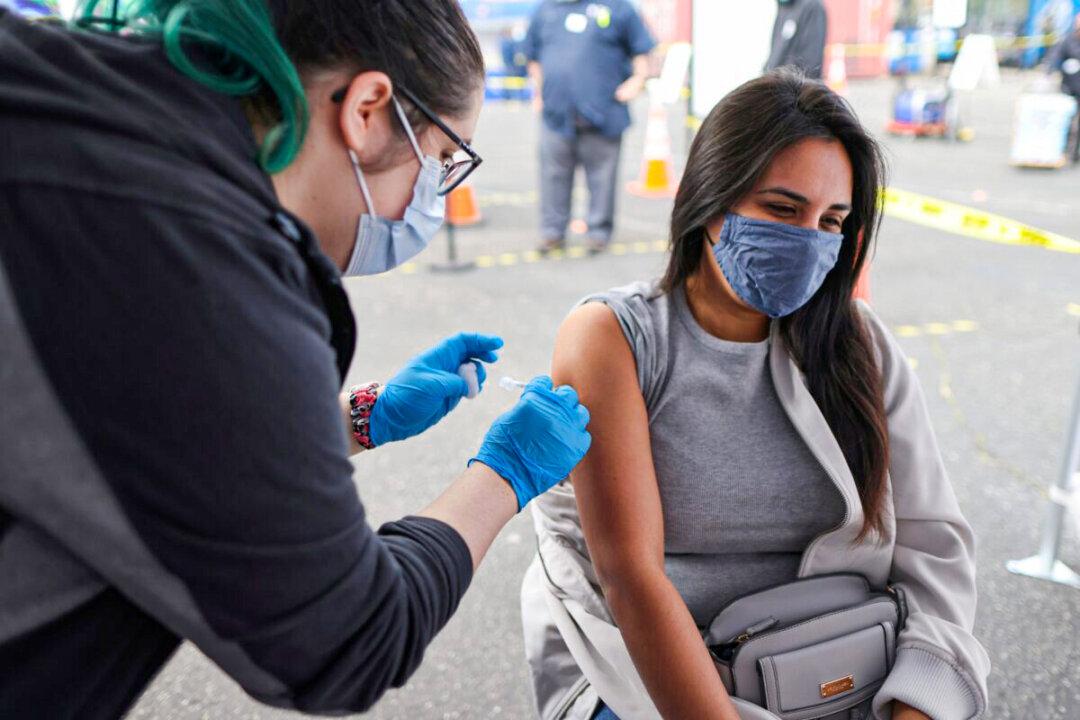An adviser to the U.S. Food and Drug Administration (FDA) during an interview advised young people not to receive the recently approved bivalent COVID-19 vaccine booster doses due to a lack of human testing.
Dr. Paul Offit, a member of the FDA’s Vaccines and Related Biological Products Advisory Committee, told CNN this weekend that he isn’t convinced that the new Omicron subvariant-specific boosters will provide any benefit to healthy, younger adults.





